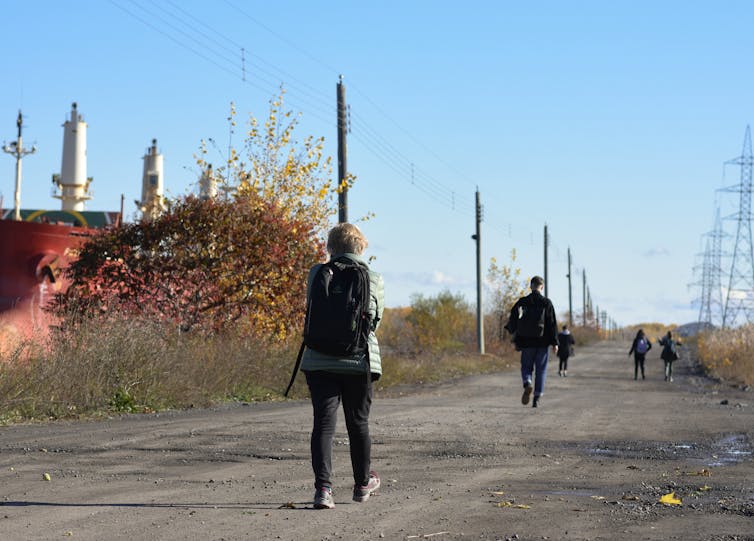By Terry McCann.
Views in this video are the personal opinions of the author and do not officially represent those of any organisation.
A critique of the Indian Act of Canada from the perspective of the Society of Saint Vincent de Paul in Canada.
This video is a follow-up recording of a workshop presentation that was given in Sarnia at the Ontario Regional Council Spring AGM of the Society of Saint Vincent de Paul (SSVP), Canada. It explores from a Vincentian perspective what some elements of the Indian Act of Canada might mean for non-Indigenous Canadians. The presentation is primarily targeted for Canadian Catholics, especially Vincentians, but should also be of interest generally to non-Indigenous Canadians.
The presentation is in four parts:
1. What is the Indian Act of Canada?
2. What are its historical roots?
3. A look at some social consequences of the Act that are or have been systemic causes of poverty, and therefore should be of concern to members of the Society of Saint Vincent de Paul in Canada (Vincentians.)
4. A look at some considerations for a Christian, and Vincentian Response.
This video is most beneficially viewed in a group setting, even with just two people, followed by discussion.
It has become evident to me (the author) that for most Canadian Catholics, including clergy and religious, the perception is that the need for reconciliation with Indigenous Peoples is primarily because of abuses that occurred at Residential Schools, exacerbated by subsequent 'cover-up'. The perception is that these abuses were perpetrated by some 'bad apples', and covered up by their ecclesiastical superiors - something that the average Catholic feels they were not responsible for, and so can ignore. Hence today's plague of indifference. I wanted to correct this distortion of our history.
Thus, focus is on the Indian Act itself and a moral evaluation of the role that the Catholic Church played in its justification and implementation, as perceived by many Indigenous People and the public generally, which begs the question: What now? I deliberately did not want to end by offering simplistic solutions or offering ameliorating defences, but rather to get people talking. There is a lot more excellent material that I could have added, but was reluctant to do so for reasons of length and losing focus.
Comments or other feedback on this video can be sent to the author in email: terrycmccann@gmail.com

